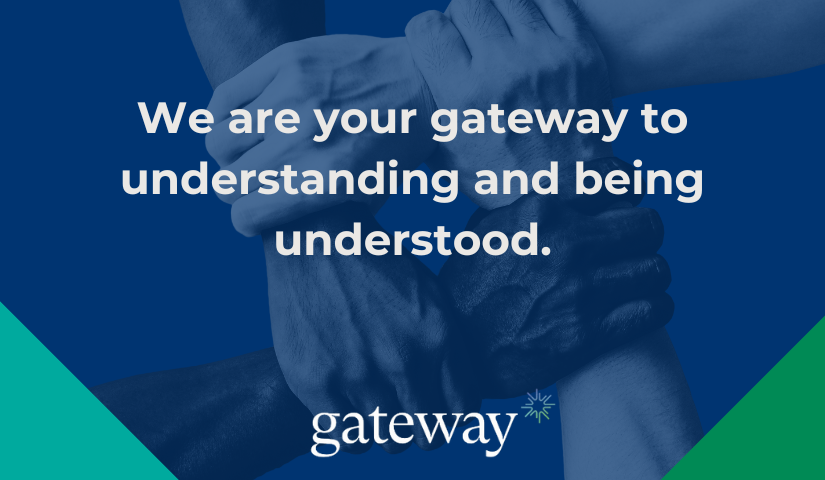As the Director of interpreting services, I am acutely aware of the pressing challenges facing the Deaf community today. Recent trends have spotlighted a massive shortage of American Sign Language (ASL) interpreters, a crisis that is set to deepen with the upcoming 2025 law mandating all interpreters to be officially licensed by the state. This regulatory change, while aimed at standardizing quality, threatens to exacerbate an already critical situation. Coupled with insufficient technological solutions and an alarming tendency for organizations to prioritize their bottom line over the health and comfort of the Deaf community, these issues call for urgent action and awareness.
The Interpreter Shortage: A Growing Crisis
The shortage of ASL interpreters is not a new issue, but its implications are becoming more severe. Interpreters play a crucial role in enabling communication for people who use sign language to communicate, allowing access to essential services such as healthcare, education, and legal assistance. With the 2025 licensing requirement, the pool of qualified interpreters may shrink further, as not all current practitioners will be able to meet the new standards in time. This potential reduction in the number of available interpreters could leave many individuals without the necessary language access support to navigate daily events.
Insufficient Technological Solutions
In parallel to the interpreter shortage, the technological solutions currently available are woefully inadequate. Devices like TTY (text telephones) have long been outdated, and newer technologies have not been widely implemented or made accessible. Video Relay Services (VRS) and other advanced communication tools exist, but their adoption is inconsistent and often restricted by cost or availability. These limitations force many Deaf community members to rely on subpar solutions, hindering their ability to communicate effectively and independently.
Corporate Negligence and the Deaf Community
Perhaps most disheartening is the apparent disregard many organizations and corporations show towards the needs of the Deaf community. Too often, the health and comfort of Deaf individuals are sacrificed for the sake of profitability. This negligence is evident in the minimal accommodations provided and the lack of investment in accessible technologies and services preferred by the Deaf individuals using those services. Such practices not only undermine the autonomy of Deaf individuals but also perpetuate a cycle of marginalization.
Fighting for Autonomy and Rights
It is essential to recognize that people who use sign language to communicate should not have to settle for the bare minimum. Access to effective communication is a basic human right, and ensuring this access is a societal responsibility. In the United States, it falls on the entity providing public services. The fight for autonomy and equality lives at the core of Deaf culture, which celebrates self-reliance, mutual support, and resilience. However, these values are constantly challenged by systemic barriers and a lack of understanding from the hearing world.
Moving Forward: Advocacy and Action
Addressing these issues requires a multifaceted approach. Here are some key steps we can take:
- Advocate for Comprehensive Training and Licensing Programs: The new licensing law for interpreters should be accompanied by robust training programs that support aspiring interpreters in meeting the necessary standards. Additionally, existing interpreters should be given ample opportunities for professional development to ensure they can continue their vital work.
- Invest in Technological Advancements: Public and private sectors must invest in the development and widespread implementation of modern communication technologies. Making tools like VRS/VRI, and other real-time communication devices accessible and affordable is crucial.
- Promote Corporate Responsibility: Organizations must be held accountable for providing adequate accommodations to everyone they serve, including Deaf individuals. This includes not only hiring qualified interpreters but also ensuring that all communication platforms are accessible, user-friendly, and ensuring the needs of those using the accommodations provided are met.
- Empowering Deaf Community Members: Encouraging self-advocacy and supporting grassroots movements of Deaf community members can help drive systemic change. Empowering Deaf individuals to voice their needs and demand better services is key to fostering autonomy and equality.
The challenges faced by those accessing interpreters and adequate technological solutions are significant but not insurmountable. By prioritizing the access, health, comfort, and rights of Deaf individuals, we can create a more inclusive and equitable society. At Gateway, we are committed to championing these efforts, people should not have to fight alone for their right to live autonomously and with dignity. Let us all strive to do better when meeting the needs of those we serve, recognizing that the bare minimum is never enough when it comes to human rights and equality.
by Dave Coyne
Learn More About Gateway
Gateway connects people to their worlds and aids individuals in their ability to understand and to be understood. Gateway has grown into an organization that serves more than 4,000 children and adults every year, helping them communicate more effectively. With programming both on our Baltimore campus and through community-based programming, we provide education, access, and medical support to anyone who needs it.
We envision a society where everyone can understand and be understood and where everyone is treated with integrity, compassion, and equity. Join us
https://www.wypr.org/wypr-news/2023-05-04/sign-language-interpreters-will-soon-have-to-be-licensed-in-maryland



